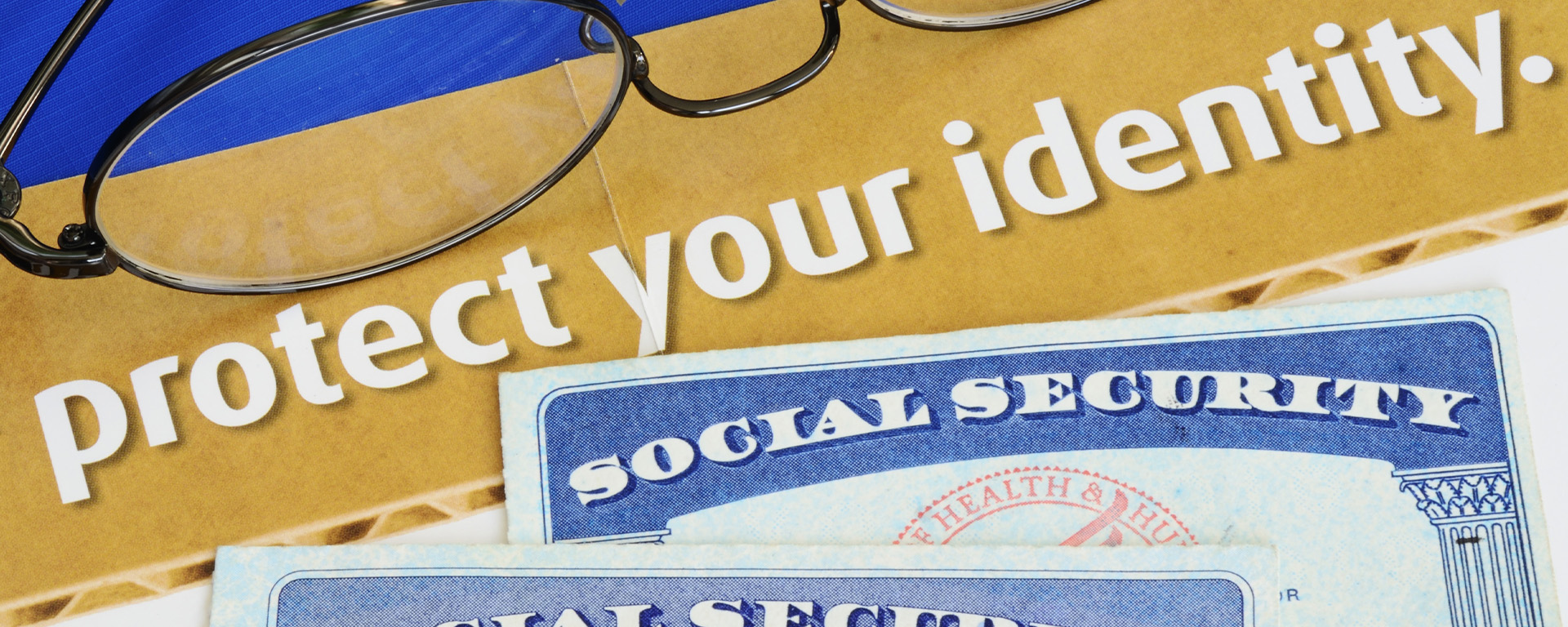November 19, 2025 Insurance
5 basic tips to protect your identity
We all want to keep our personal information safe from identity thieves. Checking credit reports, securing important documents and shredding regularly may be on our to-do lists, but work, family and life often get in the way.
We understand, so we’ve made it simple. Follow these five steps to reduce your risk right away:
The growing use of Bluetooth makes security concerns even more alarming. Like any other wireless communication system, Bluetooth transmissions can be deliberately jammed or intercepted. Attackers can send false or modified information to users.
1. Shred it. Identity thieves love digging through trash, but you can stop them with a quality crosscut shredder. Shred anything with your name and address—statements, invoices, receipts, return address labels, envelopes, catalogs and especially pre-approved credit offers, credit card checks and insurance documents.
2. Guard it. Encrypt emails and files that contain personal or account information. Use firewalls, antivirus and anti-spyware programs. Treat your smartphone like a computer and keep all devices updated with the latest security patches. Create strong passwords with numbers, symbols and characters. Avoid obvious choices like birthdays, pet names or your mother’s maiden name. Change passwords often and never use the same one for banking and shopping or social media.
3. Lock it up. Keep doors and drawers secure. Identity thieves can’t steal what they can’t reach. Store computers, paper files such as bank or credit card statements, passports, Social Security cards, earnings statements and birth certificates behind locked doors or in locked drawers. Be mindful of who has access, including household employees, work crews and even family members.
4. Check your credit reports early and often. Review reports from the three major agencies—TransUnion, Experian and Equifax—twice a year. Visit annualcreditreport.com, the government-mandated source for free reports. Investigate any suspicious activity and follow through until it’s resolved.
5. Keep your Social Security number to yourself. It takes very little to open fraudulent accounts—sometimes just your SSN and address. Never carry your SSN or card unless absolutely necessary and never share it with anyone you don’t know and trust. Provide it only when required and if an organization tries to use it as an identifier, ask them not to. Many laws prohibit this practice.
Armed Forces Insurance — Our Mission Is You ®
Armed Forces Insurance was founded in 1887 by military leaders with a single mission: to protect the property of those who protect our nation. We offer premium quality, competitively priced property and casualty insurance to military professionals throughout the United States and overseas. Armed Forces Insurance understands that its members have unique circumstances and insurance needs, enabling the company to offer a level of personalized service that's unequalled in the industry. For more information, visit www.afi.org and follow us on LinkedIn, Facebook, X and Instagram.

